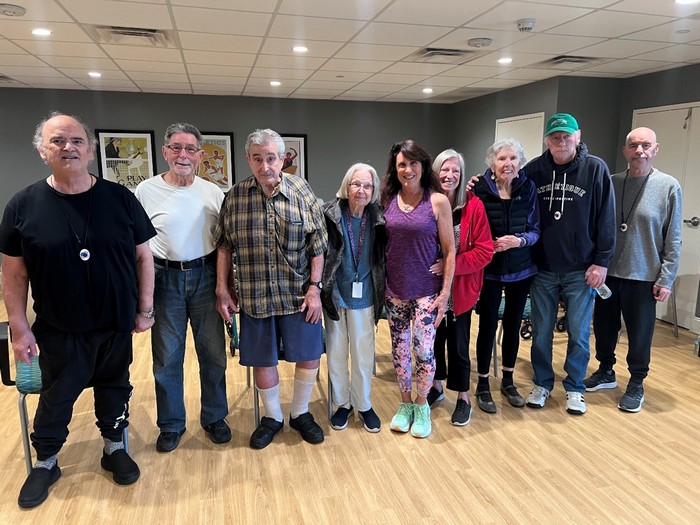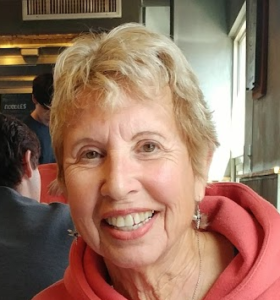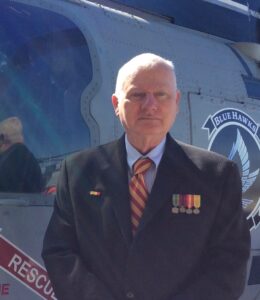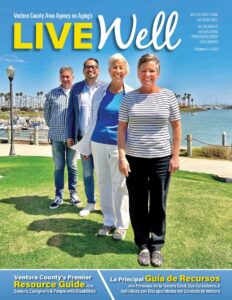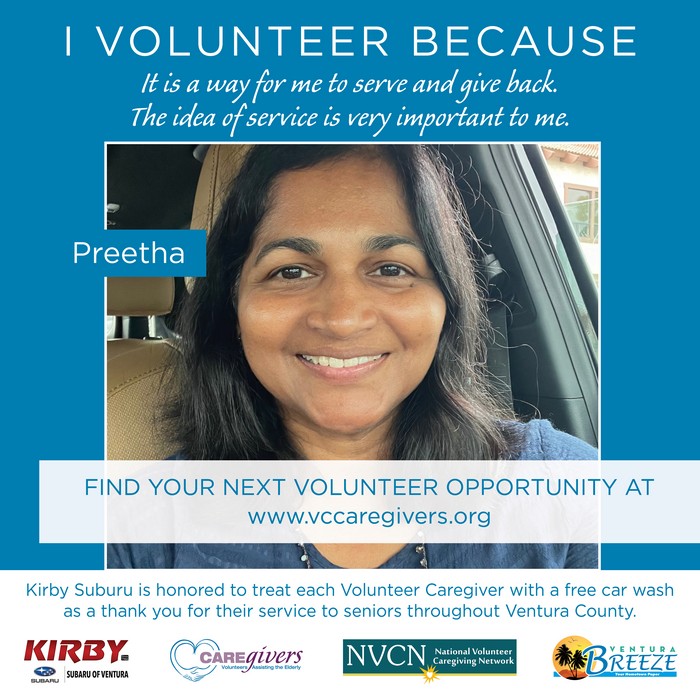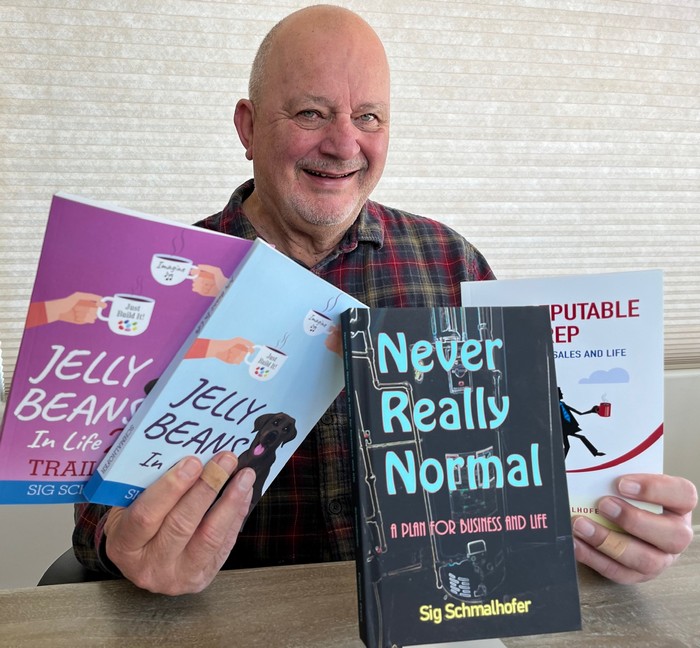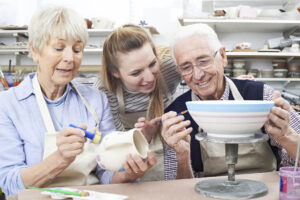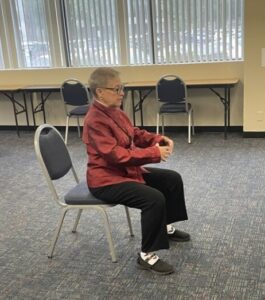by NIH
Much of the communication between doctor and patient is personal. To have a good partnership with your doctor, it is important to talk about sensitive subjects, like sex or memory problems, even if you are embarrassed or uncomfortable. Most doctors are used to talking about personal matters and will try to ease your discomfort. Keep in mind that these topics concern many older people. You can use booklets and other materials from NIA or the organizations listed at the end of the article to help you bring up sensitive subjects when talking with your doctor.
It is important to understand that problems with memory, depression, sexual function, and incontinence are not necessarily normal parts of aging. A good doctor will take your concerns about these topics seriously and not brush them off. If you think your doctor isn’t taking your concerns seriously, talk to him or her about your feelings or consider looking for a new doctor. Read on for examples of ways to bring up these subjects during your appointment.
Anyone at any age can have a drinking problem. Alcohol can have a greater effect as a person grows older because the aging process affects how the body handles alcohol. People can also develop a drinking problem later in life due to major life changes like the death of loved ones. Talk with your doctor if you think you may be developing a drinking problem. You could say: “Lately, I’ve been wanting to have a drink earlier and earlier in the afternoon, and I find it’s getting harder to stop after just one or two. What kind of treatments could help with this?”
Driving is an important part of everyday life for many people, and making the decision to stop driving can be very difficult. Tell your doctor if you or people close to you are concerned about your driving and why. He or she can go over your medical conditions and medications to see if there are treatable problems that may be contributing to driving difficulties.
A fall can be a serious event, often leading to injury and loss of independence, at least for a while. For this reason, many older people develop a fear of falling. Studies show that fear of falling can keep people from going about their normal activities and, as a result, they may become frailer, which actually increases their risk of falling again. If fear of falling is affecting your day-to-day life, let your doctor know. He or she may be able to recommend some things to do to reduce your chances of falling. Exercises can help you improve your balance and strengthen your muscles, at any age.
Regular exercise makes you stronger and can help you prevent falls. NIA has articles and free videos designed for older adults that can help you fit exercise and physical activity into your daily life.
